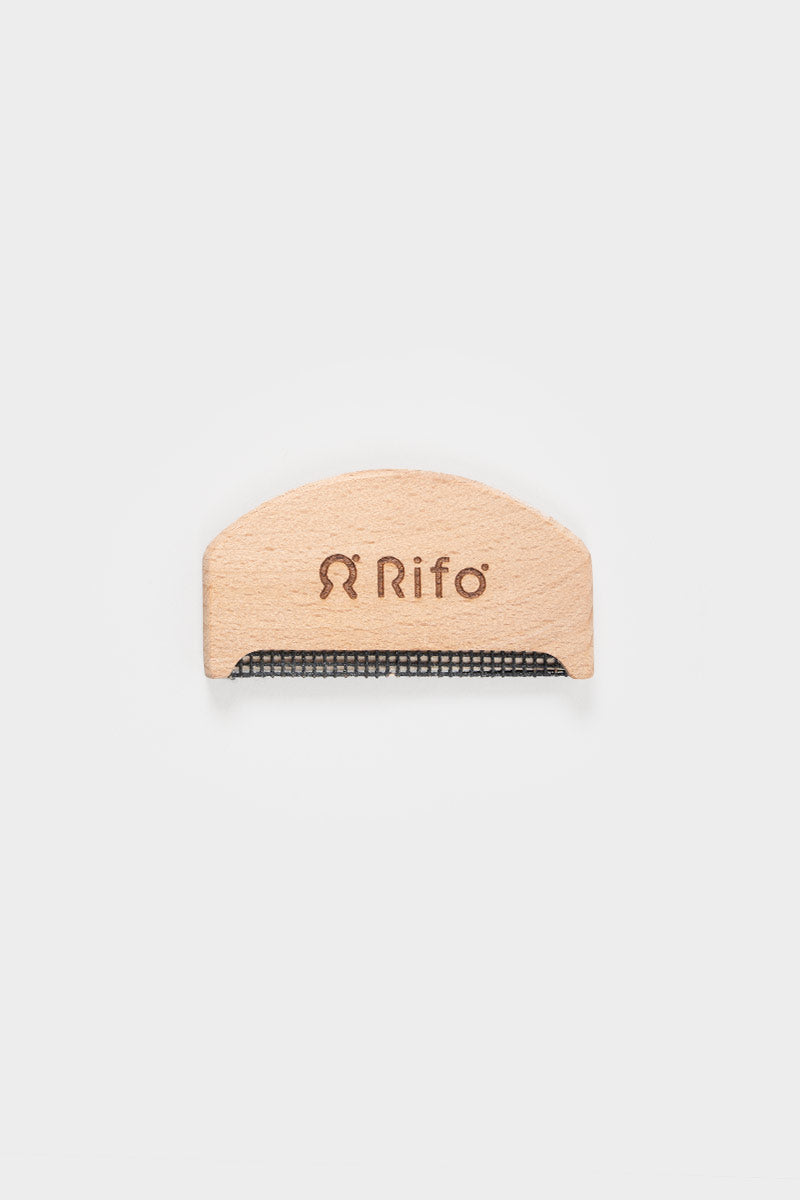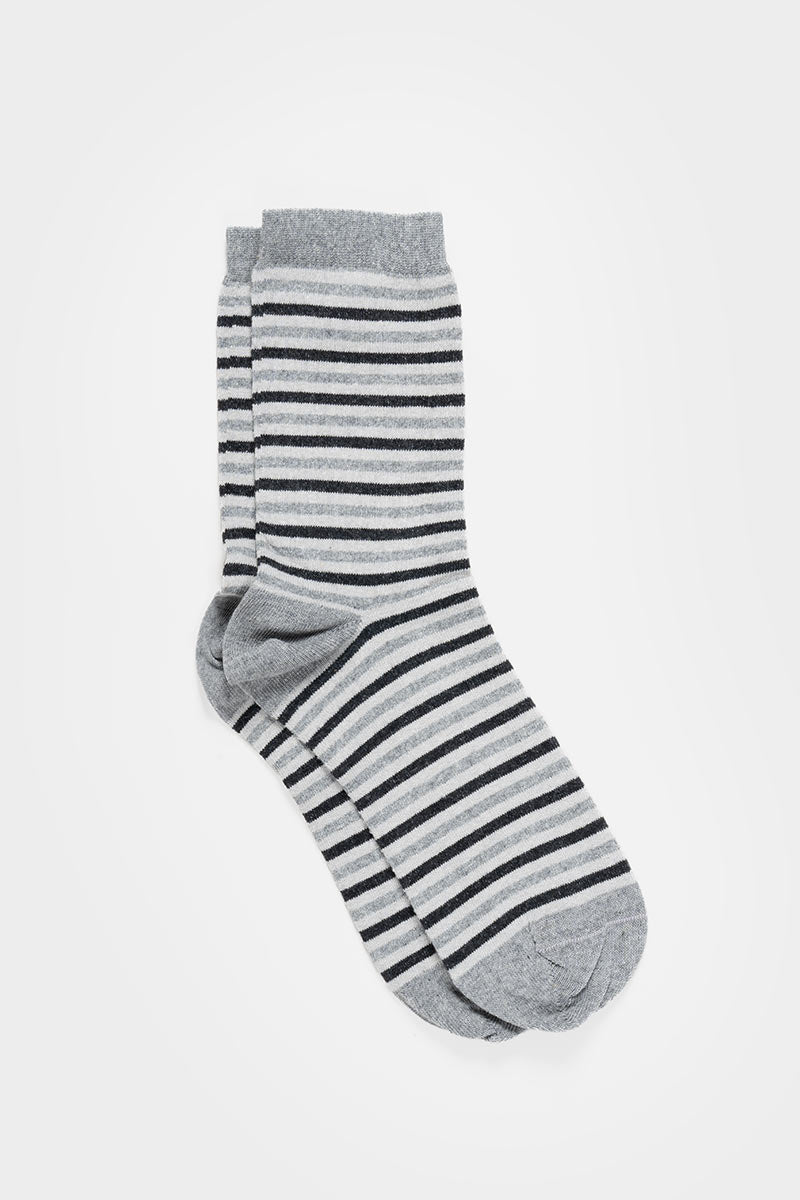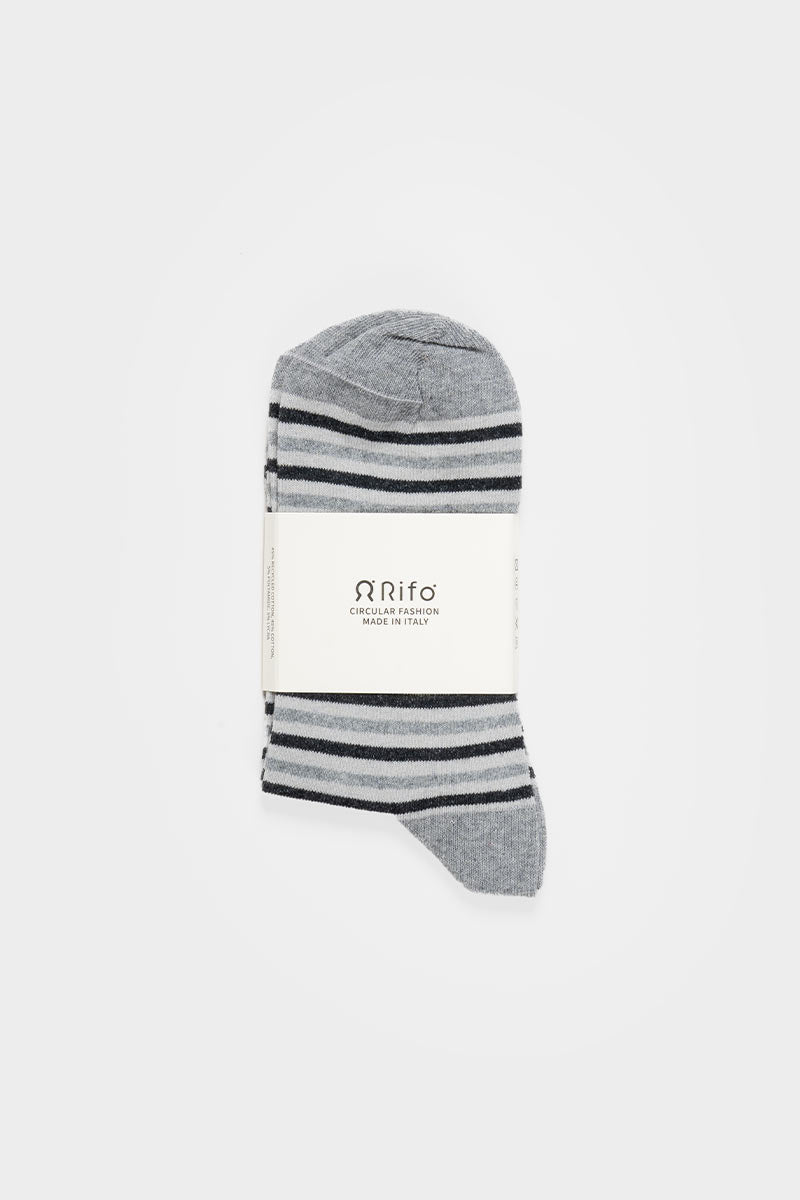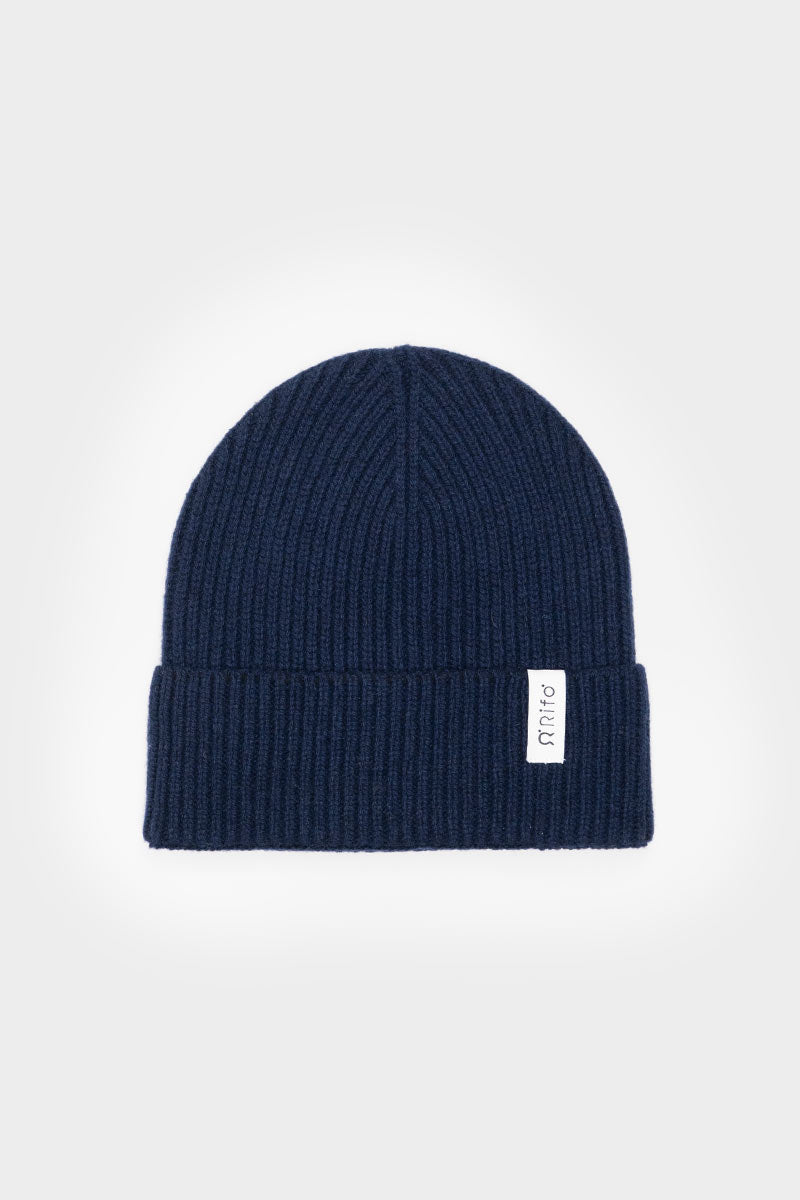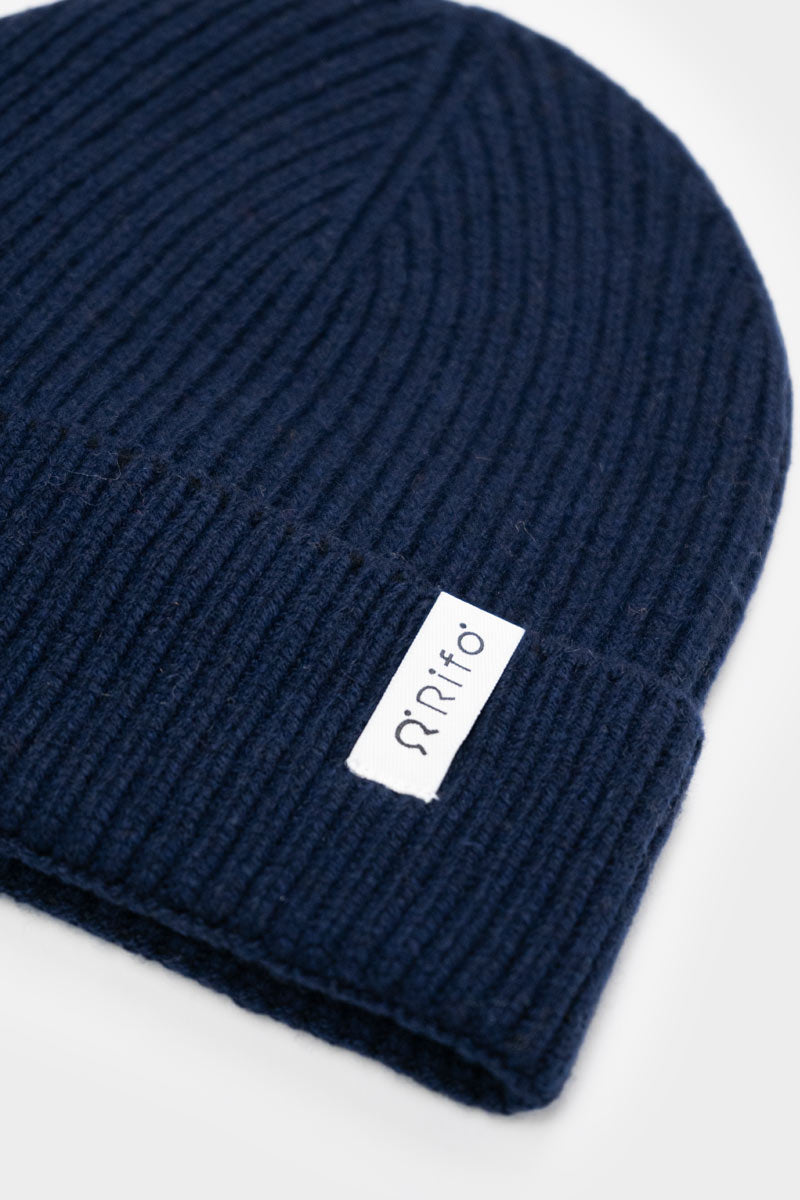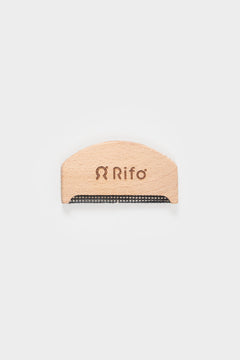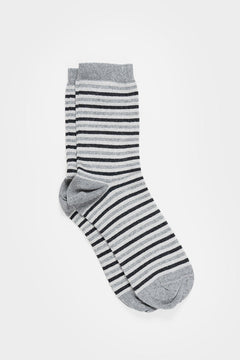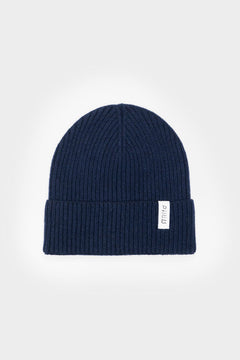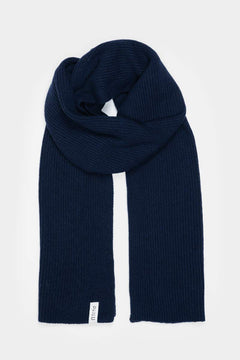In every sector language, such as that of sustainable fashion, there are terms - more or less technical - that refer to precise concepts.
This is the case, for example, of fast fashion, emotional fashion or ethical production, specific and very important concepts of this world but which are often not clear to those approaching this sector for the first time. But what exactly do they mean?
In this article we therefore want to go into more detail on the meaning of these issues in order to clarify this terminology.
Let's find out the deeper meaning of the frequent terms in the vocabulary of sustainable fashion.
Sustainable Fashion
Nowadays, the environmental unsustainability of the fashion industry is there for all to see.
The rhythms of life have increased and with these, also the rhythms of purchase. We buy things that we don't really need to throw them after a short time without being recycled.
This has led the garment industries to produce an ever increasing number of garments and this translates into clothes at reduced prices and poor quality, processed using tools and pollutants and with underpaid workers.
And it is to designate this concept of speed that the term fast fashion was coined.
To combat this concept, sustainable fashion is born, a fashion based on ethical production, which cares about these impacts:
- environmental impact (recycling, reuse, bartering, certified organic fabrics, low-polluting business processes or with less use of water)
- social impact (transparent supply chain, short supply chain, fair compensation, safe workplaces, enhancement of local artisanal workers, fair trade).
This concept is strongly linked to that of emotional fashion: buying less clothes but more inherent to ourselves, our emotions and our personality.

Eco-friendly
Eco friendly literally means "friendly towards ecology". This term therefore means everything that respects the environment, the nature that surrounds us.
Eco-friendly companies are therefore the ones that care about this issue, carefully choosing the production processes in order to limit waste, using natural raw materials, recycling and regenerating their own materials.
Recycled vs. Upcycled
Two other terms in the sustainable fashion vocabulary are recycled and upcycled. But what do they mean? And what are the differences between these two concepts?
Very simple.
Recycling means destroying waste to give it a new life, transforming it into a new material or a new object of the same value. The purpose of recycling is precisely to recover waste materials and transform them into reusable materials.
Upcycling instead means reusing waste and rubbish without destroying them, to give life to products that we have a greater value. To upcycle is a type of recycling that allows the new product to be worth more than before.
The idea behind Rifò project is precisely to upcycle. In fact, what we do is collect old cashmere, cotton and jeans clothes to transform them into a new yarn with which we create new high quality clothing.
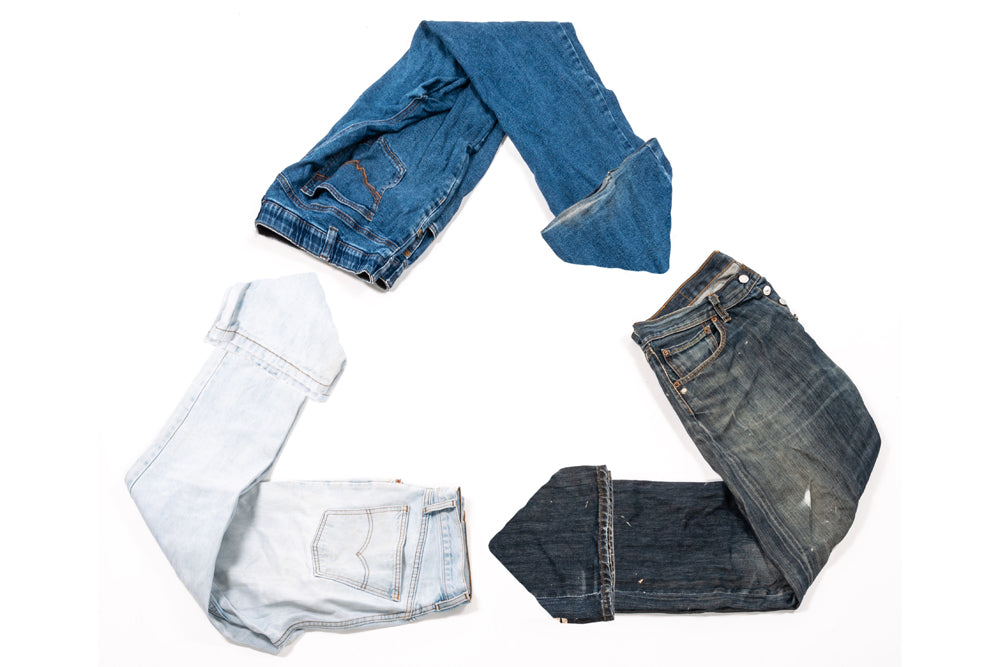
0 Mile
The zero Mile products are those that are found directly in the production area and that are purchased directly from the manufacturer. There is therefore no intermediation between the producer and the final consumer.
For us at Rifò, for example, producing at 0Mile means that our production value chain remains within 30 kms of the textile district of Prato.
In this way we can carry on our traditions in an ethical way, creating our products by limiting fuel consumption, creating new job opportunities in the area, always maintaining the certainty of the quality of our products and above all of the ethics of our production process.
Circular Economy
We live in a reality where every consumer good is created, used and finally thrown away. This system is called linear economy.
Over time, however, this system has caused enormous damage to our environment, such as contamination of the seas and the earth. It created the drama of waste, changed the climate and finally increased social inequality..
Latest studies are showing that the linear economy is no longer sustainable.
And it is to combat this model that the circular economy was born, an economic system that regenerates itself, reusing materials in subsequent production cycles, thus allowing the reduction of waste.
It is a circle in which the materials continue to turn, without ever losing their usefulness.
And the circular economy can also be applied to the clothing industry, in order to create a sustainable, more ethical and more responsible fashion.
Organic Clothing
Another term you've probably encountered before is organic clothing. But what exactly does it mean?
By organic clothing we mean those clothes created with natural fibers grown or organically raised, such as organic cotton, hemp or organic wool, which are treated only with natural substances, which have a lower environmental impact, without adding of chemical additives.
To be recognized as an organic garment, it must also carry a certification:
- 100% organic: if the label says "100% organic", it means that all parts of the garment are of certified biological origin, from the fibers of the fabric to the sewing thread.
- Organic: an organic garment, on the other hand, has at least 95% certified organic fibers and the remaining non-organic or synthetic fibers
- With organic fibers: in this case the label states that at least 70% of the garment in question was produced from organic fibers.

Conclusions
Today we discovered the meaning of many terms found in the vocabulary of sustainable fashion. These are issues that concern us at Rifò very closely and we hope to have shed some light on these concepts as simple as they are profound.
We firmly believe that together, each one in its own small way, it can really make the difference to live a more sustainable, more emotional, slower reality and above all with the least possible environmental impact.
If you also want to be part of the change, support our cause: visit our shop and dress in upcycled, ethical and high quality clothes.
